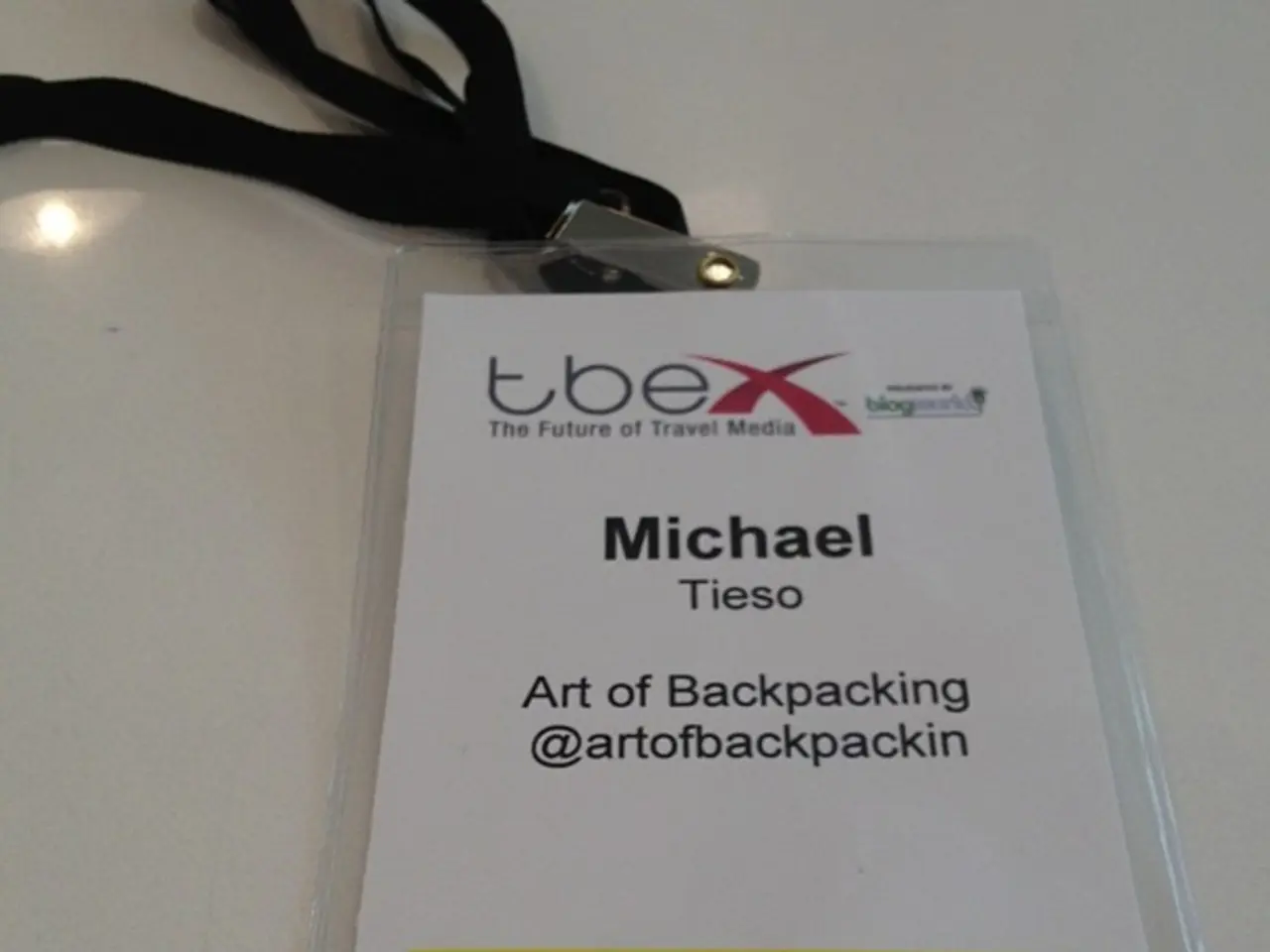Rapid Proliferation of Disposable Clothing Industry
Consumers are increasingly shifting towards more sustainable and ethical shopping habits, favouring fewer but higher quality clothing items made from sustainable materials and produced under fair labour conditions. This trend is set to revolutionise the fast fashion industry, as advancements in technology promise to play a significant role in shaping its future.
The Rise of Fast Fashion and Its Influences
Fast fashion emerged from quick response manufacturing systems in the 1980s and has since evolved into market-driven models, with brands like Zara popularising the concept. Key factors contributing to its rise include demand for trendy clothing at low prices, advances in manufacturing and supply chain efficiency, and the ability to rapidly respond to fashion trends.
Social media has also fuelled the popularity of fast fashion, promoting frequent new trends and enabling direct purchases through platforms such as Instagram, TikTok, and Pinterest. It shapes consumer behavior by making fashion inspiration and purchases easily accessible, contributing to fast fashion’s growth.
Environmental and Social Impacts
Despite its convenience, fast fashion has significant environmental consequences. Rapid production and frequent disposal of garments contribute to pollution, waste, and resource depletion. In addition, fast fashion is commonly associated with labor exploitation, poor working conditions, and economic pressures on communities in developing countries.
Economic Effects on Traditional Fashion Brands and Local Textile Industries
Fast fashion disrupts traditional fashion markets, prioritising volume and low price over quality. This negatively impacts local textile industries by undercutting prices and shifting consumer expectations for rapid trend turnover.
Ethical Concerns and Solutions
Ethical concerns include labor exploitation, environmental harm, and overconsumption. Brands are beginning to address these issues by adopting "thinking green" initiatives, improving supply chain transparency, and using technology like AI and 3D design to reduce waste.
Proposed solutions to mitigate the negative impacts of fast fashion include promoting thrifting and secondhand shopping, clothing rental programs, incorporating circular fashion principles, and leveraging technology to optimise production and reduce waste.
The Role of Technology in Sustainable Fashion
Technology is being used to revolutionise the fashion industry and promote sustainability. Better sizing algorithms, 3D design and prototyping, AI for small-batch production, and apps facilitating clothes rental and sharing are all aimed at reducing environmental impact.
Consumer Awareness and Its Impact
Consumers, particularly younger generations like Gen Z, are driving change by choosing secondhand clothing, valuing sustainability and authenticity, and supporting brands with ethical practices. Increased awareness leads to more responsible purchasing decisions.
Regulation and Industry Responsibility
As consumer demand for sustainable and ethical practices grows, there is potential for greater regulation within the industry. Policymakers are responding to concerns about environmental sustainability and ethical practices, with measures aimed at reducing textile waste, promoting fair labour practices, and incentivising brands to adopt more sustainable production methods.
Brands can adopt more sustainable and transparent supply chain practices by implementing fair wages for garment workers, improving working conditions in manufacturing facilities, and reducing environmental impact through sustainable production methods.
The future of fast fashion likely involves a shift from disposable fashion towards integration of sustainability, circular economy models, and ethical transparency. This transformation is driven by growing consumer awareness and demand for sustainable and ethical practices, pushing brands to innovate and improve their environmental and social footprint.
- As consumers prioritize sustainable and ethical shopping habits, they are increasingly favoring environmental-science-based fashion choices, such as clothing made from sustainable materials and produced under fair labor conditions, revolutionizing the fashion-and-beauty industry.
- Owing to the significant role of technology in shaping the future of the fashion industry, advancements in areas like AI, 3D design, and 3D prototyping can contribute to education-and-self-development, leading to more innovative and sustainable clothing production methods.
- To effectively address the environmental and social impacts of fast fashion and promote lifestyles that align with these values, consumers can make responsible choices such as supporting brands with transparent supply chains, choosing clothes rental programs, and embracing clothing that prioritizes ethics and sustainability.




